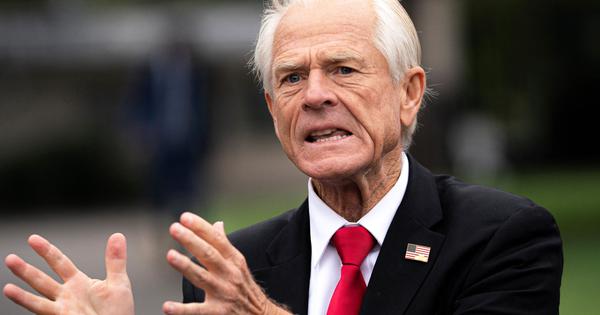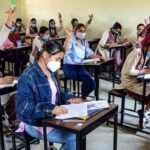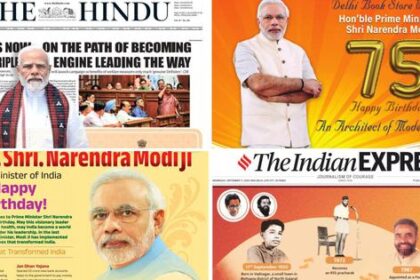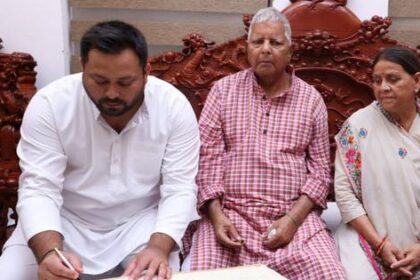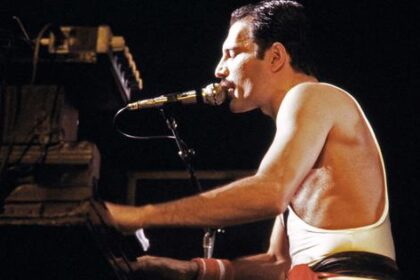Peter Navarro highlights India’s willingness to negotiate trade terms with the United States amid strained relations.
White House trade adviser Peter Navarro stated that India is prepared to engage in negotiations with the United States regarding tariffs. This remark precedes the visit of a U.S. representative to New Delhi for further discussions on a trade agreement. In an interview with CNBC, Navarro noted, “India is coming to the table,” reflecting a more optimistic outlook on the trade relationship between the two nations.
Navarro pointed out that Prime Minister Narendra Modi had recently sent out a positive message through a tweet, which was reciprocated by President Donald Trump. He expressed hope for the upcoming discussions, which were anticipated to address existing trade challenges and enhance bilateral cooperation.
On September 9, President Trump conveyed his eagerness to discuss trade matters with Modi in the near future. Modi, in turn, expressed confidence that ongoing negotiations would unlock the significant potential of the partnership between India and the United States. These exchanges occur against a backdrop of tensions primarily stemming from the implementation of reciprocal tariffs by the Trump administration on Indian imports, as well as punitive levies related to India’s purchase of Russian oil amid the ongoing conflict in Ukraine.
A U.S. trade delegation, led by Assistant U.S. Trade Representative for South and Central Asia Brendan Lynch, is scheduled to meet with Indian commerce ministry officials to further explore the trade deal. Previous rounds of negotiations had seen progress, with the fifth round taking place in Washington in July. However, discussions faced setbacks following the introduction of a 25% reciprocal tariff by the United States on August 7, followed by an additional punitive levy of 25% on August 27.
In the interview, Navarro reiterated claims from the U.S. administration regarding India’s tariffs on American goods, asserting that India imposes the highest tariffs among major economies. He also mentioned that India has high non-tariff barriers that complicate trade relations. This assertion aligns with the U.S. approach to addressing trade practices with various countries.
Navarro further commented on India’s increasing oil imports from Russia since the onset of the Ukraine conflict. He referred to Modi’s recent engagements with Russian President Vladimir Putin and Chinese President Xi Jinping during the Shanghai Cooperation Organisation summit, suggesting that Modi’s presence alongside leaders of countries perceived as geopolitical threats was noteworthy. Navarro remarked, “I don’t think he felt comfortable doing it,” indicating the complexities of India’s foreign relations.

